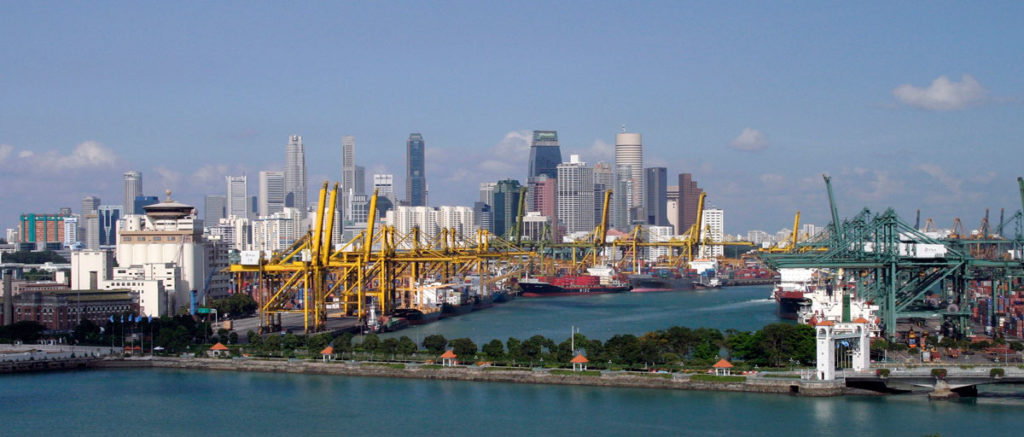The release of the “Paradise Papers” and “Panama Papers” made it painstakingly clear that tax havens can cause a number of negative political, economic and social impacts. Now a team of researchers from the Stockholm Resilience Centre at Stockholm University and GEDB (Global Economic Dynamics and the Biosphere, Royal Swedish Academy of Sciences) have published the first study showing how tax havens underpin economic activities that potentially cause serious global environmental impacts.
Their study, published in Nature Ecology and Evolution, reveals that 70% of the known vessels involved in illegal, unreported and unregulated (IUU) fishing are, or have been, flagged under a tax haven jurisdiction. The study also finds that on average 68% of all investigated foreign capital to sectors associated with deforestation of the Amazon rainforest between the years 2000-2011, was transferred through tax havens.
“Our analysis shows that the use of tax havens is not only a socio-political and economic challenge, but also an environmental one. However, financial secrecy hampers the ability to analyse how financial flows affect economic activities on the ground, and their environmental impacts,” says Victor Galaz, lead author of the new study.
